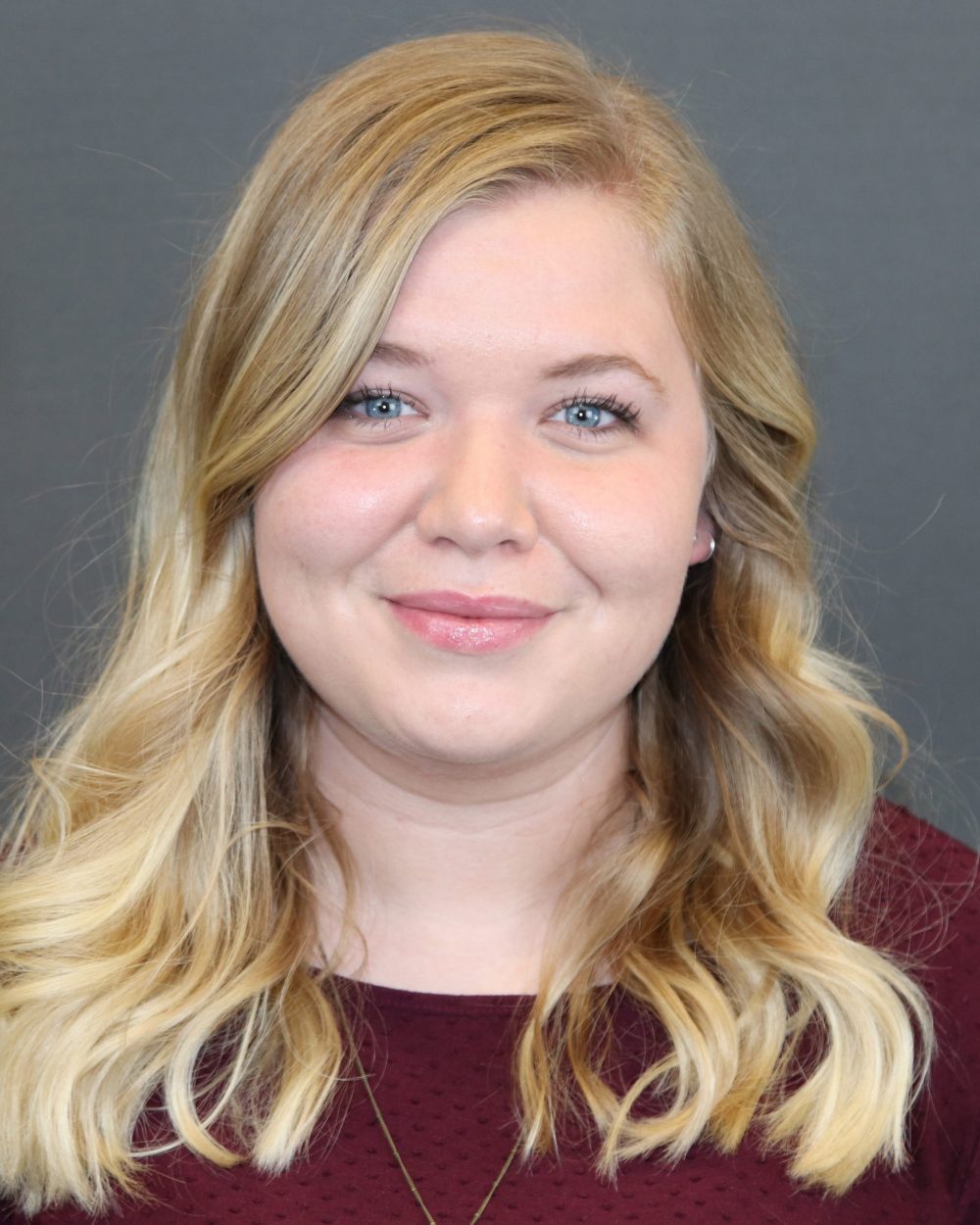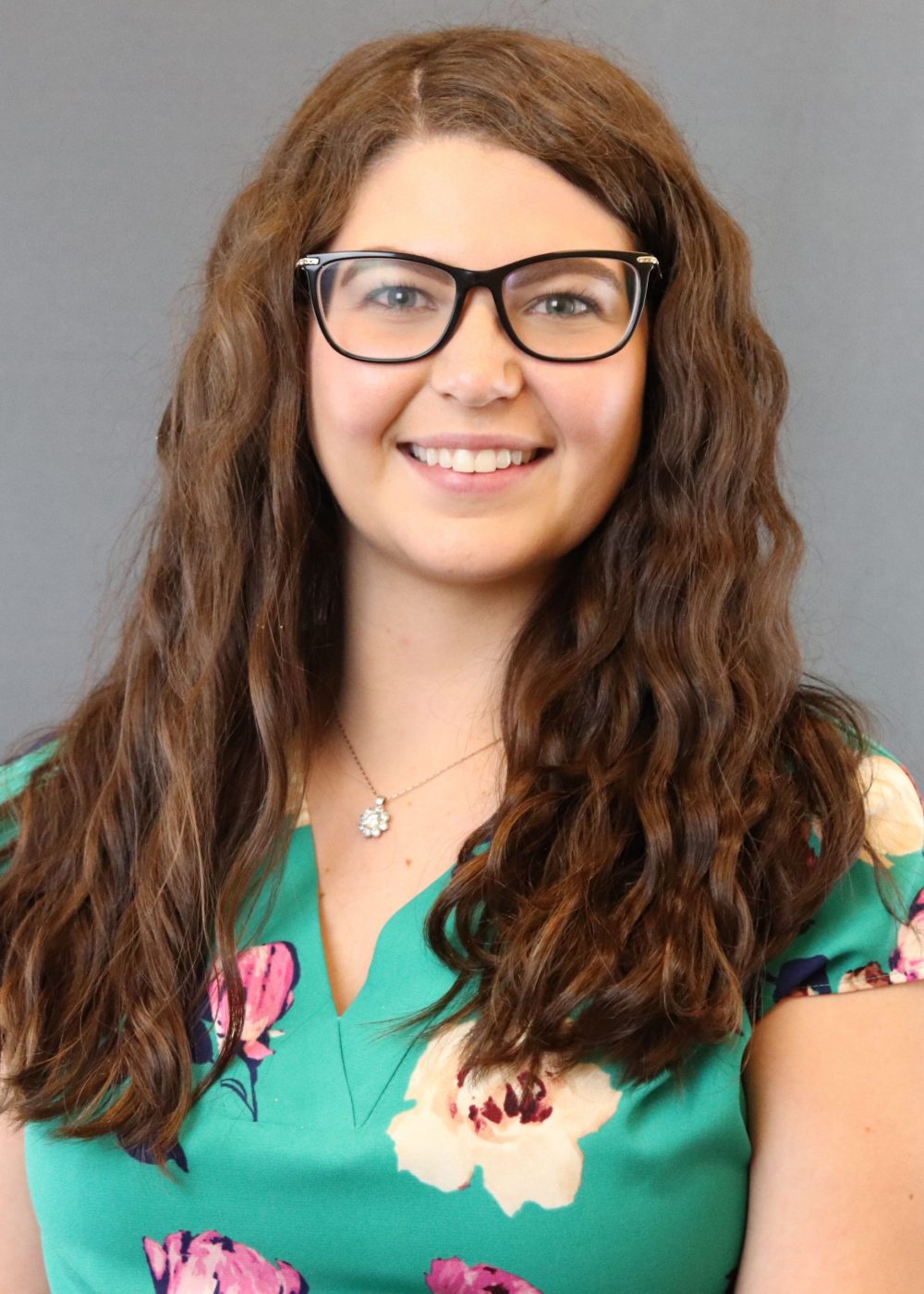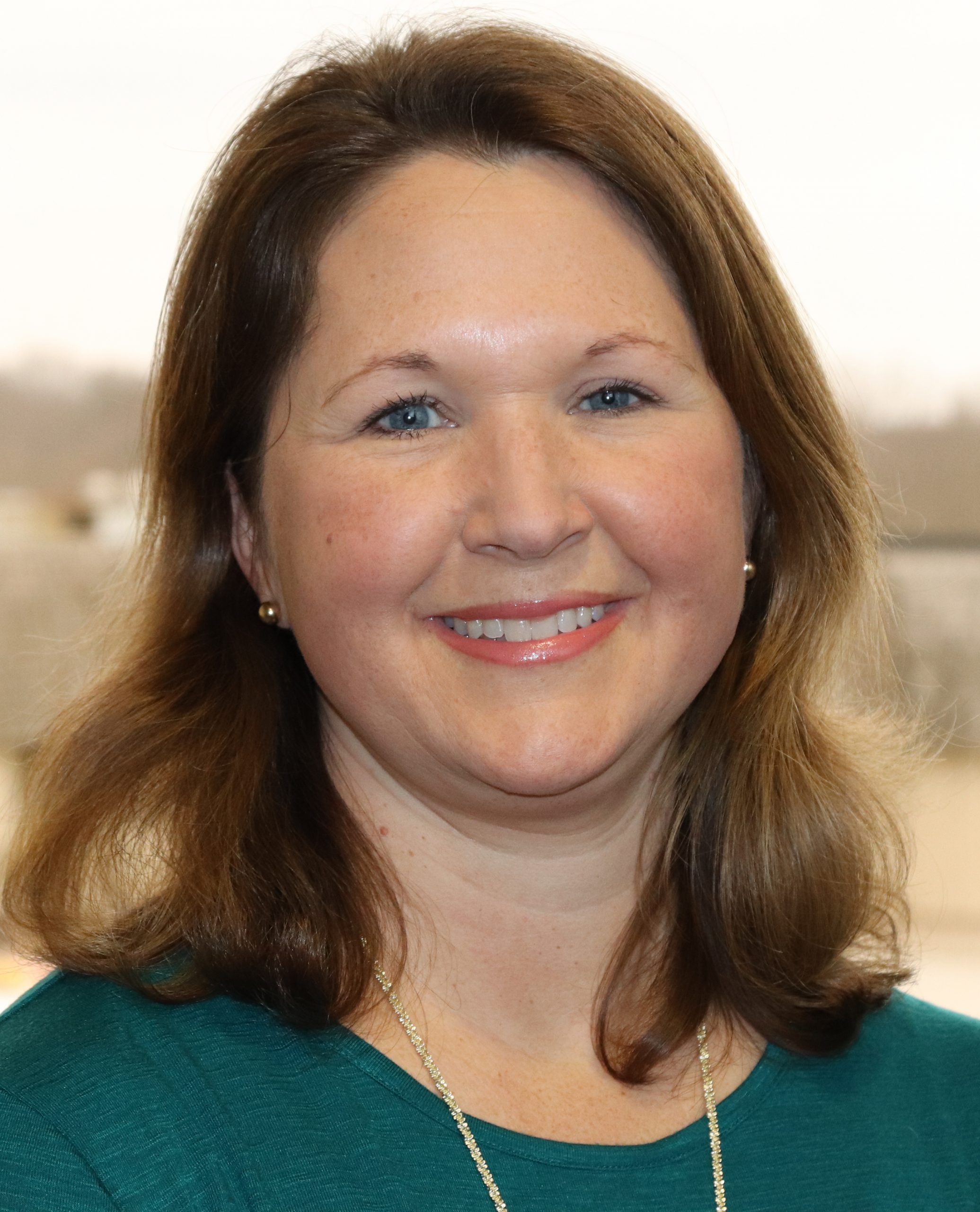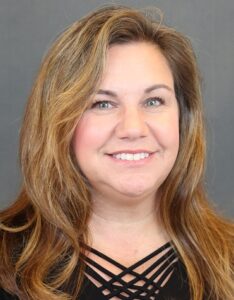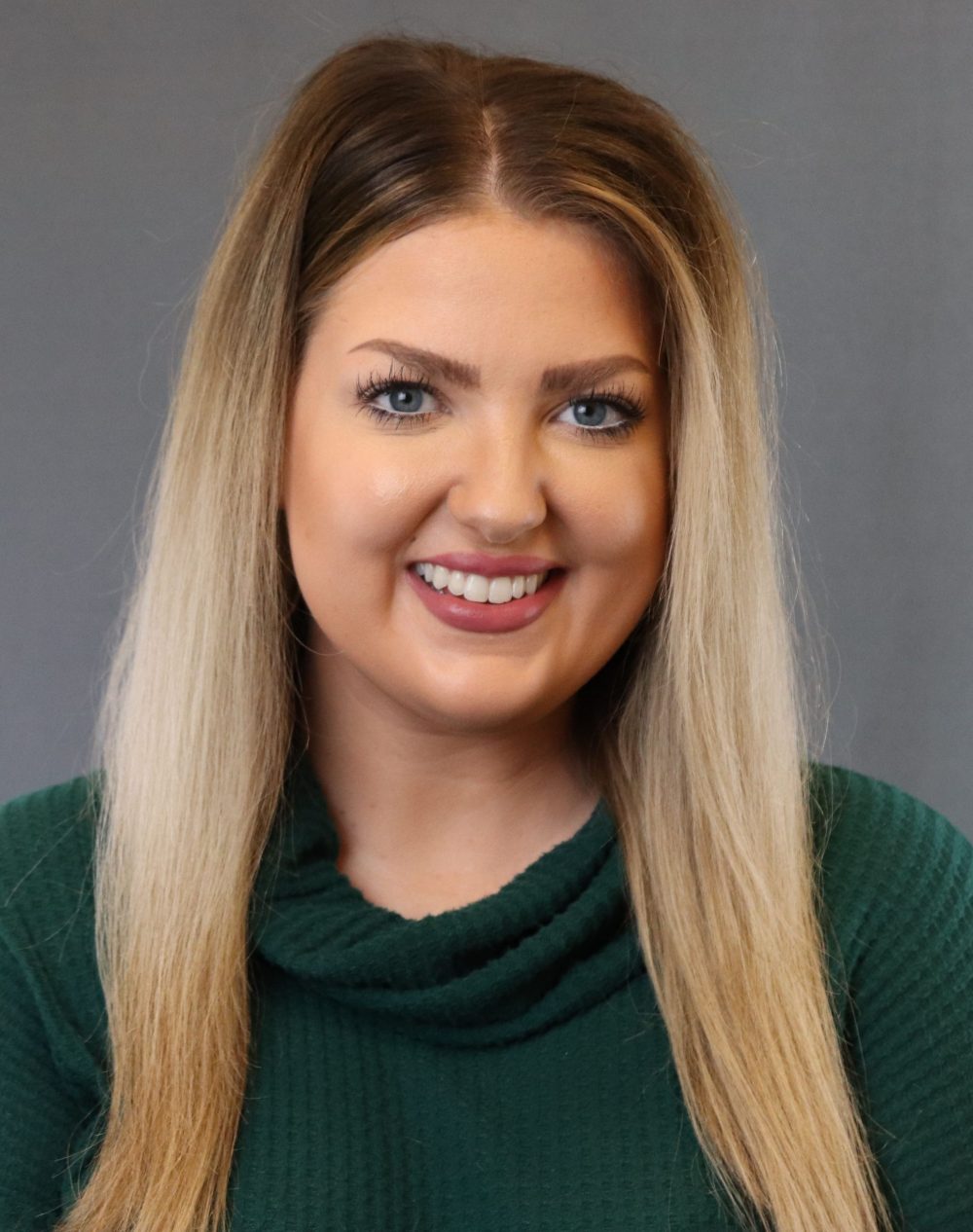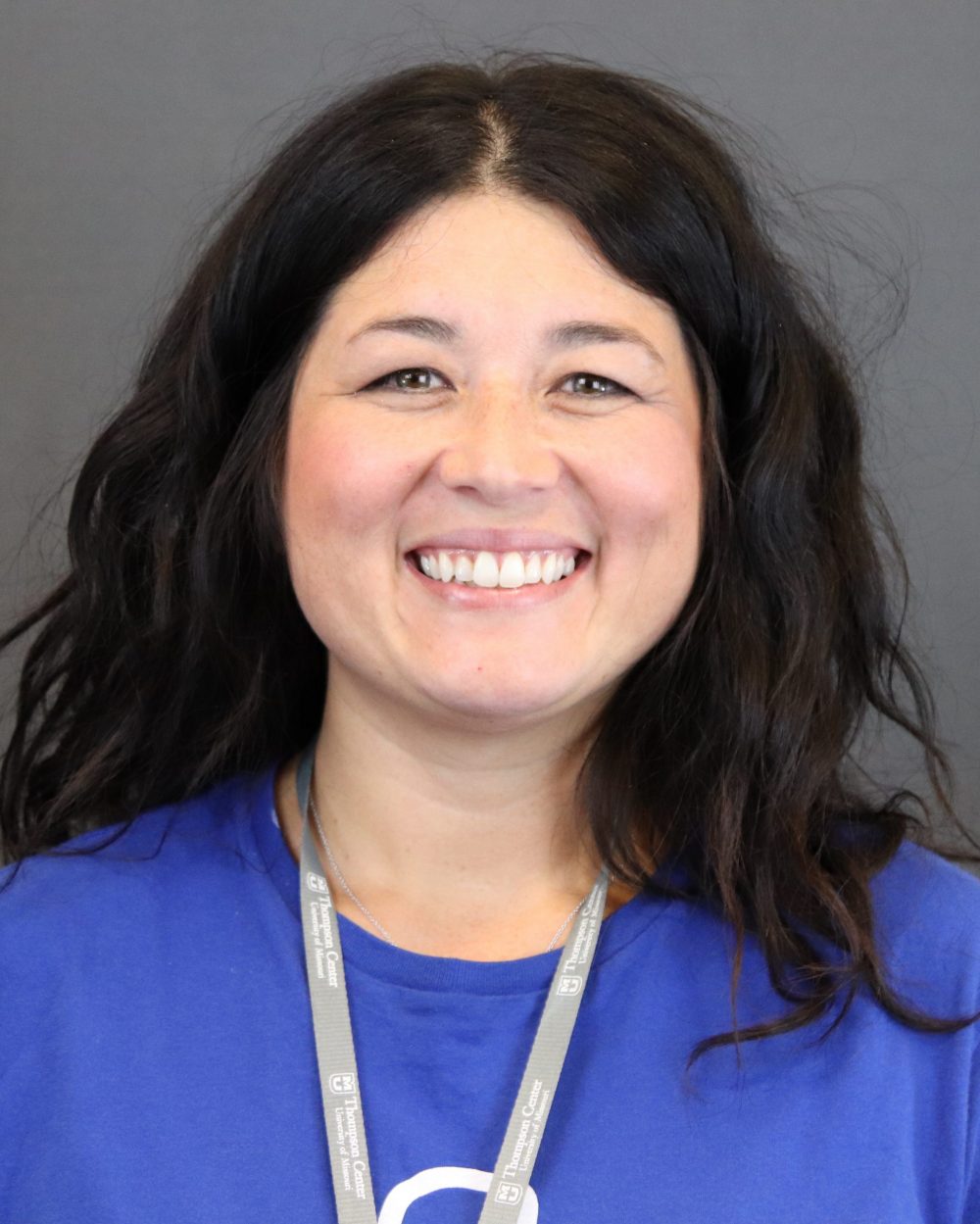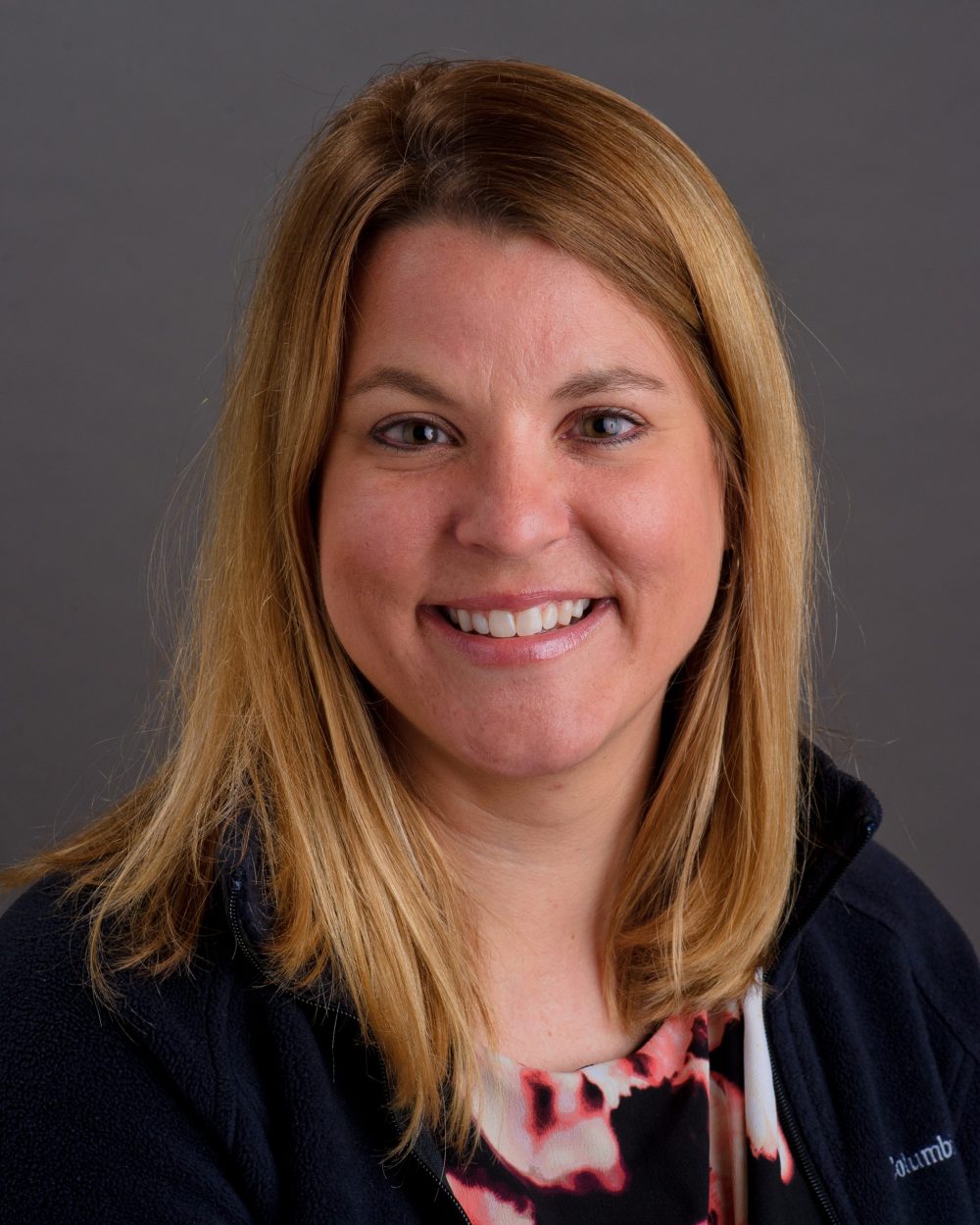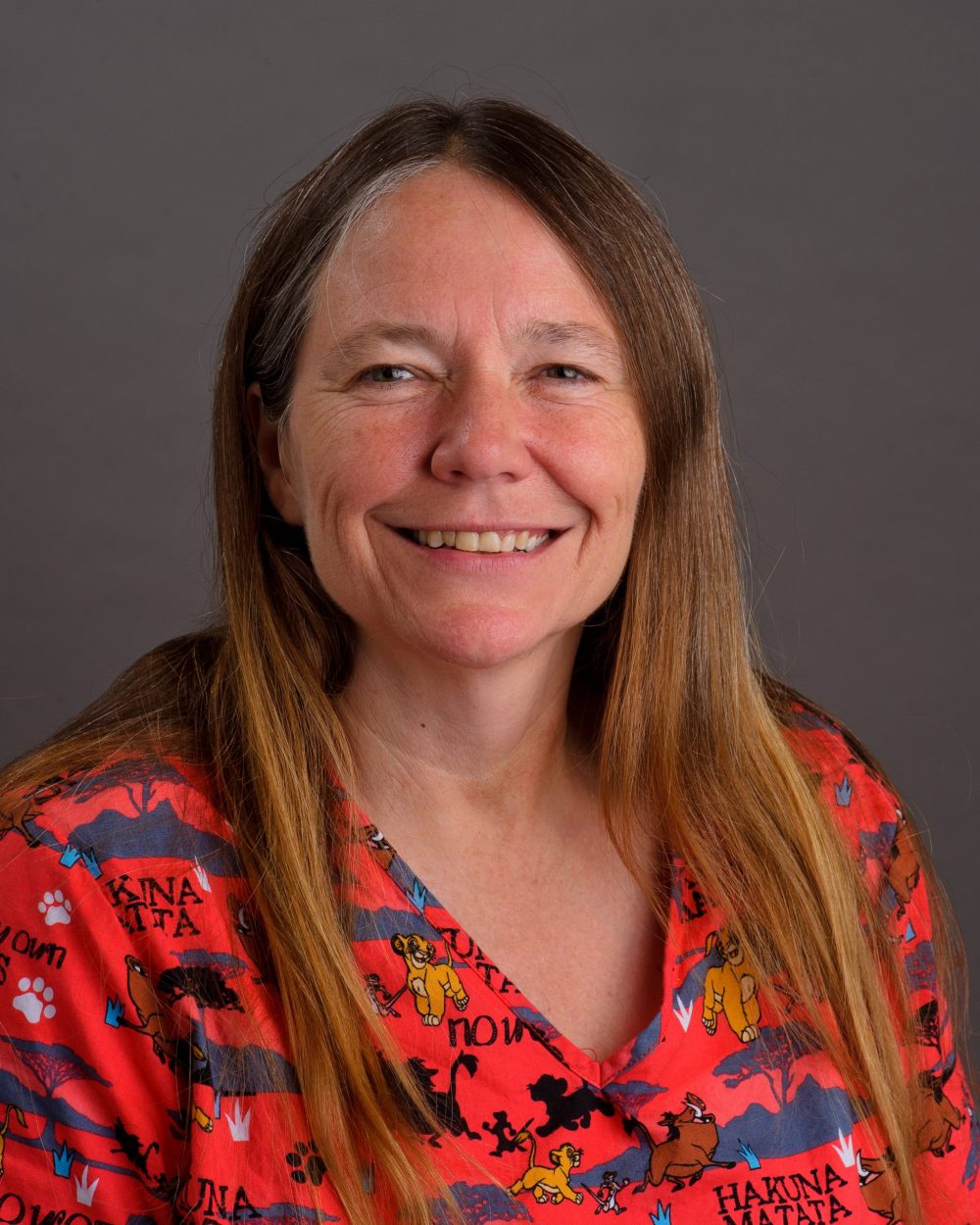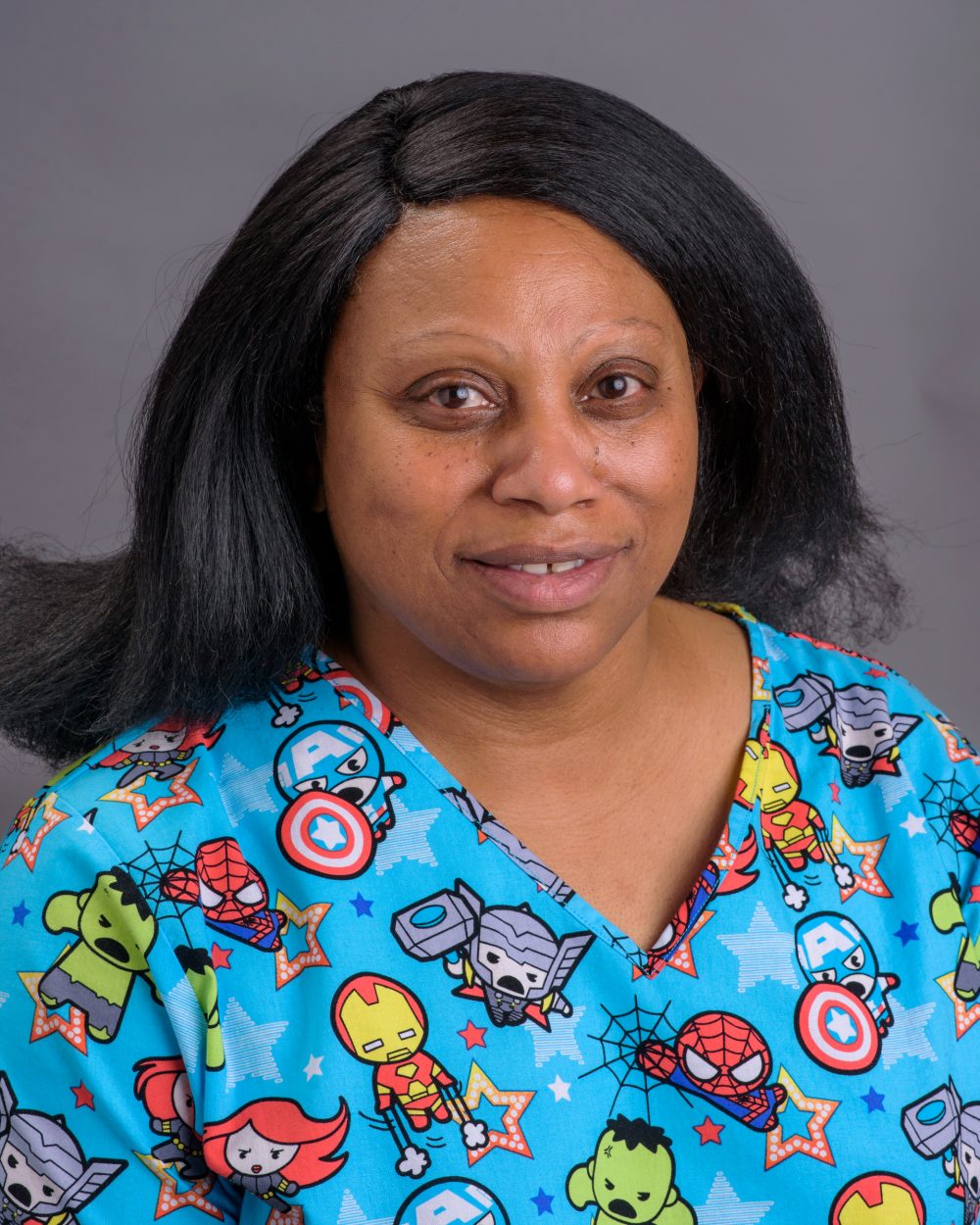Families Should Seek Help Immediately If a Child Shows Signs of a Speech or Language Delay or Disorder
With speech and language disorders among the most common conditions that young children experience, Thompson Center speech-language pathologist Michelle Dampf is encouraging mid-Missouri parents and caregivers to learn the signs of communication disorders—and seek an evaluation now if they have any concerns. The message is a timely one, as May is national Better Hearing & Speech Month (BHSM).
“Many parents have questions about their child’s speech, language, or social communication skills but are often told by family, friends, or even other professionals to wait and see if their child outgrows a potential problem,” said Michelle Dampf, of the Thompson Center for Autism and Neurodevelopmental Disorders at the University of Missouri. “Unfortunately, this often results in a delayed diagnosis of a disorder that is highly treatable—particularly when caught early.”
“It’s especially important to be vigilant now, as some children who traditionally would have been recommended for speech and language services by a daycare provider or pediatrician may have been missed due the pandemic—since many kids remained at home, with more limited interaction with these professionals,” Dampf said. “Families should know that early intervention services are still available at this time, even if they have been modified due to the pandemic. These services are available through the Thompson Center, as well as Missouri First Steps and from private speech-language pathologists who continue to practice both in person and virtually. Now is the time to act on any concern.”
Here are some signs of a speech or language disorder in a young child (age 3 and under):
• Does not smile or interact with others (birth and older)
• Does not babble (4–7 months)
• Makes only a few sounds or gestures, like pointing (7–12 months)
• Does not understand what others say (7 months – 2 years)
• Says only a few words (12–18 months)
• Says words that are not easily understood by others (18 months – 2 years)
• Does not put words together to make sentences (1.5–3 years)
• Produces speech that is unclear, even to familiar people (2–3 years)
Here are some of the key benefits of early treatment:
• Maximizes a child’s success. Treatment at any age is worthwhile, but earlier is usually most effective. Early treatment can reduce the need for school-based services later.
• Saves time and money. It can take less time to treat a communication delay or disorder when families act on the early warning signs. Fewer treatment sessions can also mean fewer out-of-pocket expenses. Many early intervention programs offer free or low-cost services to children ages birth to 3 years and their families. They also can link you to other community supports.
• Prepares a child for kindergarten. What happens between birth and age 3 lays the foundation for kindergarten readiness. Strong speech, language, cognitive, and social skills are necessary for reading, writing, and academic success—as well as all the other demands of school.
• Sets a child on a course to school, social, and life success. All families want what’s best for their children. Acting early can have positive, long-lasting effects on your child’s communication, social relationships, learning, and daily life activities well into adulthood.
Learn more about the benefits of early identification and treatment at www.IdentifytheSigns.org. Mid-Missouri residents may also contact the MU Thompson Center for Autism and Neurodevelopmental Disorders if they are interested in scheduling an evaluation for a child.

